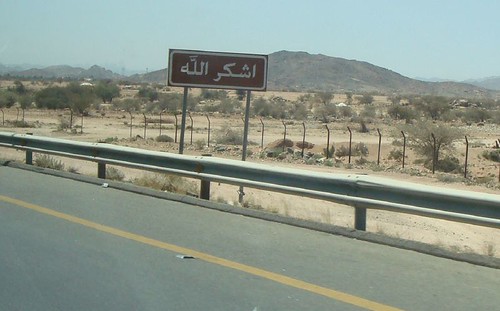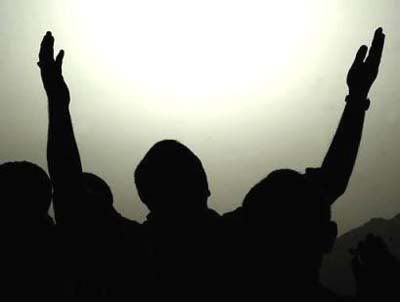Operation Death
This is the tale of an average man who acted contrary to Allah’s plan. If you reflected herein then repent and commit no sin. This poem is woven around the following Quranic verse: "Where ever ye are death will find you, even if ye are in towers built up strong and high" - Qur'an 4:78
T-was early in the morning at four,
When death knocked upon a bedroom door
Who is there? The sleeping one cried,
I am Angel Izrael, let me inside.
At once the man began to shiver,
As one sweating in deadly fever.
He shouted to his sleeping wife,
Don’t let him take away my life.
Please go away, O Angel of Death!
Leave me alone I’m not ready yet.
My family on me depends,
Give me chances, O please perpend!
The Angel knocked again and again,
Friend! I’ll take your life without pain.
T’is your soul that Allah requires,
I come not with my own desire.
Bewildered, the man began to cry,
O Angel! I’m so afraid to die
I’ll give you gold and be your slave,
Don’t send me to the unlit grave.
Let me in O friend! The Angel said,
Open the door get up from your bed
If you do not allow me in
I will walk through it like Jinn.
The man held a gun in his right hand
Ready to defy the Angel’s stand
I’ll point my gun, towards your head
You dare come in, I’ll shoot you dead.
By now the Angel was in the room
Saying, “O friend I prepare for your doom
Foolish man, Angels never die
Put down your gun and do not sigh.
“Why are you afraid?! Tell me O man
To die according to Allah’s plan?
Come smile at me, do not be grim
Be happy to return to him.
O Angel! I bow my head in shame
I had no time to take Allah’s name
From morning till dusk I made my wealth
Not even caring for my health
Allah’s commands, I never obeyed
Nor five times a day, I ever prayed
Holy Ramadan came, and went
But no time had I to repent.
The Hajj was already Fardh on me
But I would not part with my money.
All charities I did ignore
Taking usury more and more
Sometimes I sipped my favourite wine
With flirting women I sat to dine
O Angel! I appeal to you
Spare my life for a year or two.
The laws of Quraan, I will obey
I’ll begin Salaah, this very day
My fast and Hajj I will complete.
And keep away from self-conceit
Yes I will refrain from usury
And give all my wealth to charity
Wine and wenches I will detest
Allah’s Oneness I will attest
We Angles do what Allah demands
We cannot go against His commands
Death is ordained for everyone
Father, mother, daughter or son.
I’m afraid this moment’s your last
Now be reminded, more of your past
I do understand your fears
But it is now too late for tears
You lived in this world, Two score or more
Never did you, your people adore
Your parents you did not obey
Hungry, beggars you turned away.
Your two ill-gotten female off springs
In nightclubs, for livelihood they sing
Instead of making more Muslims
You made your children Non-muslims
You ignored the Muazzin’s Azaan
Nor did you read the Holy Quraan
Breaking promises all your life
Backbiting friends and causing strife
From hoarded goods, great profits you made
And your poor workers, were underpaid
Horses and cards were your leisure
Money-making was your pleasure
You ate enough and grew more fat
With the very poor you never sat
A pint of blood you never gave
Which could a little baby save.
O Human, you have done enough wrong
You bought good properties for a song
When the farmer appealed to you
You did not have mercy
Paradise for you? I cannot tell
Allah may or may not dwell you in hell
There’s no time for you to repent
I’ll take your soul for which I’m sent
The ending however is very sad
Eventually the man became mad
With a cry he jumped out of bed
And suddenly he fell down dead
O reader, take a moral from here
Never know your end may be near
Change your living and make amends
For Heaven on your deeds depends.
(Author Unknown)












